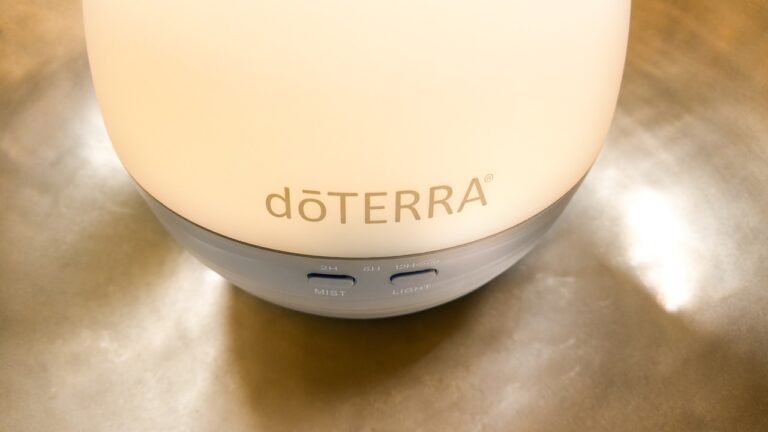The Role of Nutrition in Lung Health: Sky.247, Diamondexch9 com, Tiger exchange vip
sky.247, diamondexch9 com, tiger exchange vip: When it comes to maintaining good health, nutrition plays a crucial role in every aspect of our well-being. And while most people are aware of the connection between nutrition and heart health or weight management, many overlook the significant impact nutrition has on lung health.
Our lungs are vital organs responsible for the exchange of oxygen and carbon dioxide in our bodies. They play a crucial role in helping us breathe and filter out harmful substances from the air we inhale. Poor lung health can lead to various respiratory issues, including asthma, chronic obstructive pulmonary disease (COPD), and even lung cancer. Therefore, it is essential to prioritize proper nutrition to support optimal lung function and overall respiratory health.
In this article, we will explore the role of nutrition in lung health and how making informed dietary choices can help improve and maintain healthy lungs.
The Importance of Antioxidants for Lung Health
Antioxidants are essential nutrients that help protect our cells from damage caused by free radicals. Free radicals are unstable molecules that can wreak havoc on our bodies and lead to inflammation and oxidative stress, which can be harmful to our lungs.
Fruits and vegetables are rich sources of antioxidants, such as vitamins C and E, beta-carotene, and selenium, which help combat oxidative stress and protect lung tissue from damage. Including a variety of colorful fruits and vegetables in your diet can help reduce inflammation and support lung health.
Omega-3 Fatty Acids for Lung Health
Omega-3 fatty acids are known for their anti-inflammatory properties and are beneficial for lung health. Foods rich in omega-3s, such as fatty fish (salmon, mackerel, sardines), flaxseeds, chia seeds, and walnuts, can help reduce inflammation in the lungs and support overall respiratory function.
Incorporating omega-3-rich foods into your diet can help improve lung function and reduce the risk of respiratory conditions such as asthma and COPD.
The Role of Vitamin D in Lung Health
Vitamin D is essential for maintaining healthy lung function, as it plays a key role in supporting the immune system and reducing inflammation in the respiratory system. Research has shown that vitamin D deficiency is linked to an increased risk of respiratory infections and lung diseases.
Spending time outdoors in the sun and consuming vitamin D-rich foods, such as fatty fish, egg yolks, and fortified dairy products, can help ensure adequate vitamin D levels and support optimal lung health.
Hydration and Lung Health
Staying hydrated is crucial for maintaining healthy lungs, as adequate hydration helps keep the mucous membranes in the respiratory tract moist and functioning properly. Drinking plenty of water throughout the day can help prevent dehydration and support optimal lung function.
In addition to water, herbal teas and broths can also help keep the respiratory tract hydrated and support overall lung health.
FAQs:
Q: What foods should I avoid for optimal lung health?
A: To support optimal lung health, it is best to avoid processed foods high in sugar, unhealthy fats, and artificial additives. These foods can contribute to inflammation in the body and negatively impact lung function.
Q: Can smoking negate the benefits of nutrition for lung health?
A: Yes, smoking is a leading cause of lung damage and respiratory issues. Even the healthiest diet cannot undo the harmful effects of smoking on lung health. Quitting smoking is essential for maintaining healthy lungs and preventing respiratory conditions.
Q: Are there specific nutrients that can help alleviate symptoms of respiratory conditions like asthma?
A: Certain nutrients, such as magnesium, vitamin C, and quercetin, have been shown to help alleviate symptoms of asthma and other respiratory conditions. Including these nutrients in your diet through foods or supplements may help support respiratory health.
In conclusion, proper nutrition plays a vital role in supporting lung health and overall respiratory function. By incorporating antioxidant-rich foods, omega-3 fatty acids, vitamin D, and staying hydrated, you can help improve lung function, reduce inflammation, and support optimal respiratory health. Making informed dietary choices can go a long way in ensuring healthy lungs and a healthy body overall.







